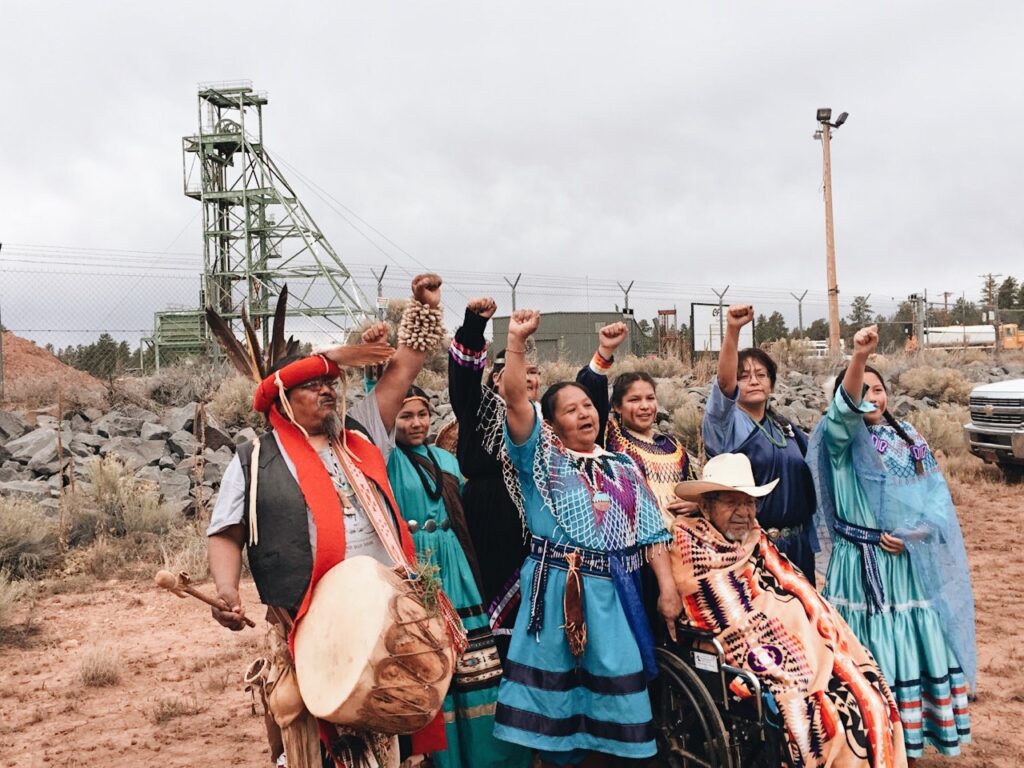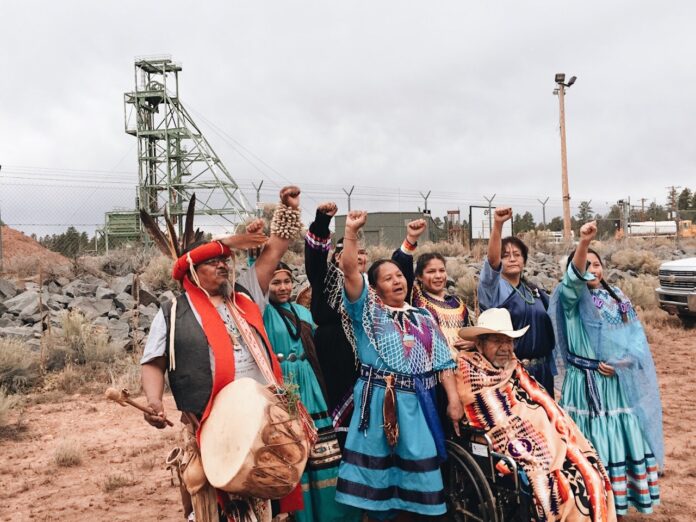
While many different Native American cultures lived in very different geographic areas in what would become the USA, they had a common collective wisdom. They recognized and understood that all parts of an ecosystem are connected. That humans, animals, plants, and even rocks, were dependent upon each other for survival and the well-being of the ecological niche they lived in.
This awareness and sensitivity is what’s missing from present day society. The more adept we can become as a society we shouldn’t forget we are dependent on the land and what it offers to us. We should be working with nature, not against it.
Native American communities have a long-standing history of living in harmony with the natural world. Their sustainable practices, deeply rooted in a profound respect for the Earth and its resources, offer valuable lessons for us to incorporate into our modern society.
Everything that we do as humans affects the environment in some shape or form. This fundamental belief put the Native American humans on equal footing with the animals they hunted for food or the berries they took from the bush.
They understood their lives made an impact. Because of this knowledge, they treated nature with a level of respect and admiration that is often dismissed in modern cultures.
That does not mean they didn’t hunt deer for food. It does mean that they hunted in the fall after baby season and that they gave thanks and respect to the animals for their contribution to their lives.
Native Americans did change their ecological niches to some extent.
This is important to note because a common misconception is that the land had remained untouched prior to the colonization of the land. Native Americans would do controlled burnings to maintain prairie land and also improve the health of the land. However, the damage done to the land by the white colonizers was far more detrimental to not only the tribes but also the ecosystem. The effects of fracking for instance leave even neighboring locals at risk for health issues, not to mention to wildlife that is also put at danger because they no longer have homes.
They cleared areas for houses and fields. These changes were on a small scale and when the tribe moved to a new location the land reclaimed itself in a short time. Archaeological digs find remnants of there communities but those places did not damage the environment.
Native Americans possess a unique understanding of the interconnectedness of all living beings and the environment. They view nature as a web of relationships in which every element has a crucial role.
This holistic approach to land and resources implies a deep respect for the Earth and its systems, emphasizing sustainability over-exploitation. We can emulate this mindset by recognizing our dependence on the environment and implementing sustainable practices that prioritize the long-term health of ecosystems.
The ethos that Indigenous people had was to take only what was needed and that is one of the reasons that they were able to work in harmony with nature, and those practices go further than just being sustainable as we have come to know it.
This way of working with nature brought them into a great deal of conflict when white settlers invaded America who had very different views of land management. The early groups such as the Pilgrims viewed the land as something to be conquered. They often expressed fear of this strange new world and its inhabitants (not just the people) in their diaries and letters.
Today Native Americans, Whites, and other Americans from diverse cultural heritages are working to bring back traditional earth management systems. When we see ourselves as one with the system we tend to be more respectful in how we treat the planet. A popular political answer is to blame others – other politicians, other countries, the guy down the street…
This attitude puzzles me and others of Native American heritage. Blame gets us nowhere. We all must step up to the plate and work together as a team to conquer the blame game and to learn to live with nature.
Sources: Vanorio, A. (2023, November 22). What Native Americans Teach Us About Sustainability — Fox Run Environmental Education Center. Fox Run Environmental Education Center. https://www.foxrunenvironmentaleducationcenter.org/ecopsychology/2020/6/8/what-native-americans-teach-us-about-sustainability
Manjeshwar, S., & Manjeshwar, S. (2021b, July 13). The Lasting Harms of Toxic Exposure in Native American Communities – Berkeley Political Review. Berkeley Political Review – UC Berkeley’s only nonpartisan political magazine. https://bpr.studentorg.berkeley.edu/2021/07/10/the-lasting-harms-of-toxic-exposure-in-native-american-communities/




